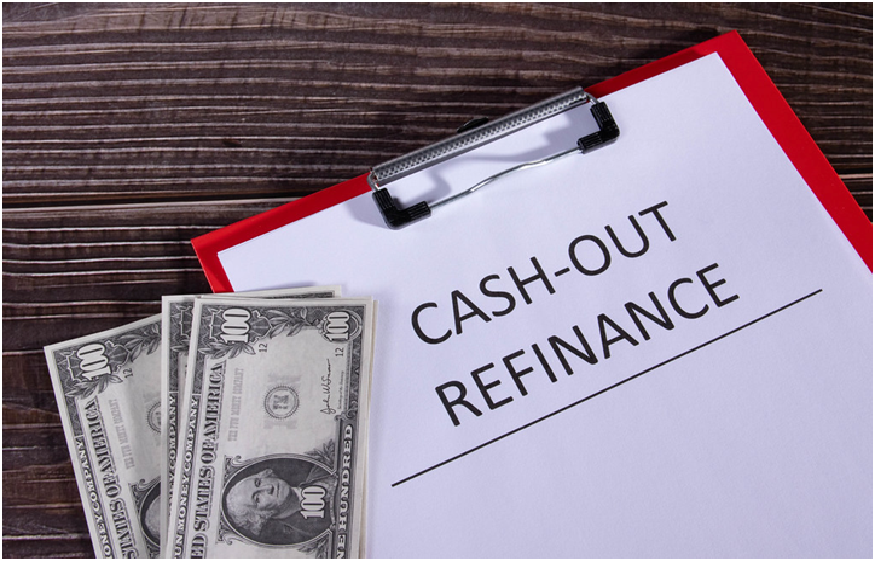Refinansiering of Loans and How it Affects Credit Rating
5 min read
Refinancing a loan can be a great way to save money on interest payments, but it’s important to understand how it can impact your credit rating. It’s best to know if this is worth it and how you could make your score higher in the future.
The process of refinancing simply involves taking out a new loan to pay off an existing one. This can be done for various reasons, such as to get a lower interest rate, extend your current terms, or consolidate multiple loans into one. This is for people who need extra funds today.
When borrowing from another lender, know that you may improve your credit utilization ratio. This is because you will be paying less in interest each month, so more of your payment will go towards the principal balance. A lower utilization ratio can positively impact your score, so this might be something that can be considered an advantage.
If you consolidate multiple loans into one, this can also help improve your credit score. This is because it can simplify your monthly payments and make it easier for you to stay current on all your obligations. You can also avoid late payment fees in the process.

How the Scores Can Be Impacted
When you’re applying to multiple financiers, they might need to do a credit check on you. This can make your scores dip temporarily. This is why it’s best to shop around and look for information on sites like billigrefinansiering.com/ that can be useful for refinancing. Only apply to the one that can give you a lower interest rate and a higher chance of getting approved.
A new application process may involve the lender making a hard inquiry on your credit report. This can temporarily lower your score by a few points. But as long as you have a solid history of making payments on time, this shouldn’t have a major impact on you, and you can get the emergency funds you need.
Another thing to consider is that, depending on the new terms, you may have a higher monthly payment or be in debt for a very long time. If you’re not careful, this could lead to missed or late payments, which would negatively impact your report. It’s always a good idea to ensure you can afford the new payments before committing to new debt.
Advantages and Disadvantages
When it comes to refinancing, there are pros and cons to consider. On the one hand, the process can help you save money by getting a lower interest rate. However, this may result in higher costs over the life of the loan. If you’re thinking about refinancing your loan, it’s important to weigh the benefits and the drawbacks carefully. Here are a few things to keep in mind:
Pros:
- Save money on interest
- Get a lower monthly payment that’s more affordable
- Pay off the loan faster with shorter terms
Cons:
- You may end up paying more in fees
- It could take longer to build equity in your property
- Your credit score could take a negative impact
When is the Right Time to Do This?
As interest rates continue to hover on low levels for certain years, many people are considering refinancing and seeing if they can switch to one with lower payments.
Generally speaking, the process should not significantly impact your credit score. However, there are a few things to keep in mind.
When you refinance, your credit report will show the new loan and the old one. This can temporarily lower your score because it appears you have taken on more debt. However, as you make payments on the new debt and the balance of the old loan decreases, your rating should rebound on time.
If you extend the term, that could also have a negative impact on you. That’s because it will take you longer to pay off the debt, and that can be seen as a risk by lenders. So, if you’re considering refinancing, be sure to compare rates and terms to find the option that makes the most sense for you financially.
Finally, remember that when you refinance a loan, any missed payments will be reported on your credit history just like any other type. Always be responsible and do everything to pay on time. List the monthly obligations you might have, and don’t borrow what you can’t afford. Always talk to the financiers and get extensions whenever possible.
Benefits to Know About
Refinancing has a few key benefits that can help you save money and improve your financial situation. Some of them are the following:
1.Lower Monthly Payments
Refinancing can help you lower your monthly payments by securing a lower interest rate on the new debt. This can free up some extra cash each month, which can be used to pay down other debts or saved for future expenses.
2.Pay Off Your Loan Faster
Refinancing into a shorter term means you can pay off your loan faster and save on interest charges. This can be a great way to get out of debt quickly and improve your financial situation. Since you have the extra funds, you might want to start investing so you won’t get into emergencies again.
3.Get Cash Out
In some cases, you may be able to refinance your loan and take cash out of the equity built up in your home. This can be used for renovations, investments, or other major expenses. However, taking cash out will increase the amount of interest you pay over the
Refinancing your loans can positively or negatively impact your credit rating, depending on how you handle the process. If you keep up with your payments and don’t miss any, then refinancing could help improve your credit score. However, if you fall behind on payments or default on the debt, then your credit score will take a hit. No matter what, it’s important to do your research and ensure you understand any loan terms before you agree to them.






